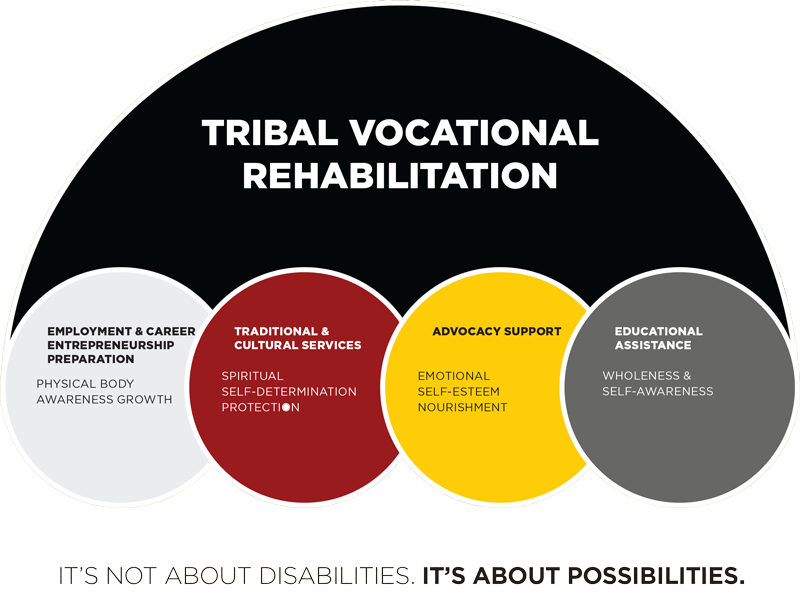Breaking a dependency is not just about quitting, but it is likewise important to implement the changes you have made in to your everyday life. Continuous support once you have actually left rehab is vital to guarantee your enduring abstaining and this will come from medical personnel along with friends and household.

More than 20 million grownups battle with substance use disorder in the United States. The vast majority Mental Health Facility of those grownups (approximately 15%) are addicted to alcohol, while the rest are addicted to drugs like heroin, cocaine, benzodiazepines, and meth. Unfortunately, less than 10% of those addicted to alcohol and drugs look for professional addiction treatment.
They might be scared to enter into withdrawal, are afraid of what others might Go to this website consider them, or simply just do not want to stop utilizing. Others grapple with the idea of needing to put their lives on pause while they get treatment. The possible length of time that somebody might need to commit to treatment can be daunting in itself, acting as another deterrent for an addict or alcoholic who needs aid.
Studies have actually shown that the very best and most efficient way to deal with dependency is through a mix of medication and therapy, all of which is offered through rehabilitation. And, research studies also show that the longer an individual remains in rehabilitation, the more most likely they are to prevent relapse and stay sober.
Facts About How To Force Someone Into Rehab Uncovered
Regrettably, at the time of admissions, it is nearly difficult to identify the specific length of your stay. This is since your time invested in rehabilitation is based on aspects such as your ongoing progress in the program and the expert opinion of your therapist and other experts. A lot of all inbound patients, nevertheless, prepare to stay involved in treatment for a minimum of 30 days, regardless of what level of care they are set to get.
Prior to getting you started in a treatment program, you will require to speak with the admissions group at the treatment center where you are looking for care. These specialists work to collect as much information about you and your relationship with drugs and/or alcohol in an effort to establish an individualized care strategy.
It is important to be as truthful with your responses as possible, as the kind of care you receive will be based upon what details you offer. Some of one of the most fundamental concerns that are asked when getting in into a treatment program include, however are not restricted to, the following: What compounds have you abused? What substance are currently you abusing? How long have you been abusing this compound for? How much of this substance are you using at a time? Are you using more than one substance at a time? If so, which substances and how much? Do you have any detected mental health conditions? Do you have any medical conditions? Do you have a family history of compound abuse? If so, with who? Do you have a family history of mental disorder? If so, with who? Do you have household members with co-occurring conditions? What is your current living environment like? Are you used? If so, what is your work schedule? Do you have insurance coverage? Do you have an assistance system in your home? Your responses will help admissions professionals much better understand things such as the severity of your substance abuse, your family history with this and other illness, and what your present home environment resembles.
As you begin your treatment, you will be working closely with several psychological health experts who are going to assist direct you in your recovery. In lots of ways, the amount of time you invest in rehab is dependent on you. The more easily you share information, the much easier it is for therapists to help treat you.
Things about How To Get Someone Into Rehab
However, bear in mind that in some cases, regardless of what you do on your end, remaining in treatment for a designated quantity of time might be what is finest for your special circumstance. So, how long do people tend to remain in treatment? A lot of treatment programs provide choices for 30, 60, or 90 days long remains.
The length of time that you stay in other levels of care typically ranges from 6-12 weeks per program. As an outcome, you may spend anywhere from one month to more than a year in treatment, however again, that window of time is carefully identified and you have the option of continuing to get involved or not (nevertheless not following medical/psychiatric suggestions is usually recommended against).

Rehab programs include the following: Detoxification, or "detox," is an absolute requirement for those people who are reliant on drugs and/or alcohol. This is the primary step for numerous who begin treatment for dependency, as getting mind-altering compounds out of the body is crucial. Throughout detox, patients will be supervised around-the-clock while they wait for drugs and/or alcohol to clear their systems.
People can remain in detox anywhere from a couple of days to about 2 weeks or so until they carry on to a restorative program. who sings rehab. Usually, the more major the dependency, the more time a person spends in detox. When detox has actually been completed, the client can then decide what their next steps remain in regards to more treatment.
Not known Facts About What Do You Do In Rehab
If you register in this type of rehab, you will live at the facility throughout of your therapy, which can last anywhere from 30-90 days depending on your requirements. A partial hospitalization program, The original source or PHP, is perfect if you do not need to live at a treatment facility however still need everyday treatment and medical assistance.
Partial hospitalization programs are short-term treatment programs, indicating that clients normally only spend a few weeks there. In many cases, however, patients can remain in a partial hospitalization program for a few months at a time. Extensive outpatient programs, or IOP's, frequently last anywhere from a couple of weeks to up to 6 months.
You will spend several hours a day in therapy while at the facility, suggesting that it will be unlikely for you to preserve a full-time job or major commitment somewhere else if you are in this program. You may begin your treatment in an IOP or you might shift into an IOP from residential treatment or detox, meaning that your total remain in rehab can be anywhere from a couple of months to more than a year.
When you do not require intensive care for your dependency, or when you require more treatment after finishing higher levels of care, outpatient treatment can be your best option. The time you invest in outpatient treatment will be reflective of your needs. Normally, however, outpatient programs run from a number of weeks to over a year.